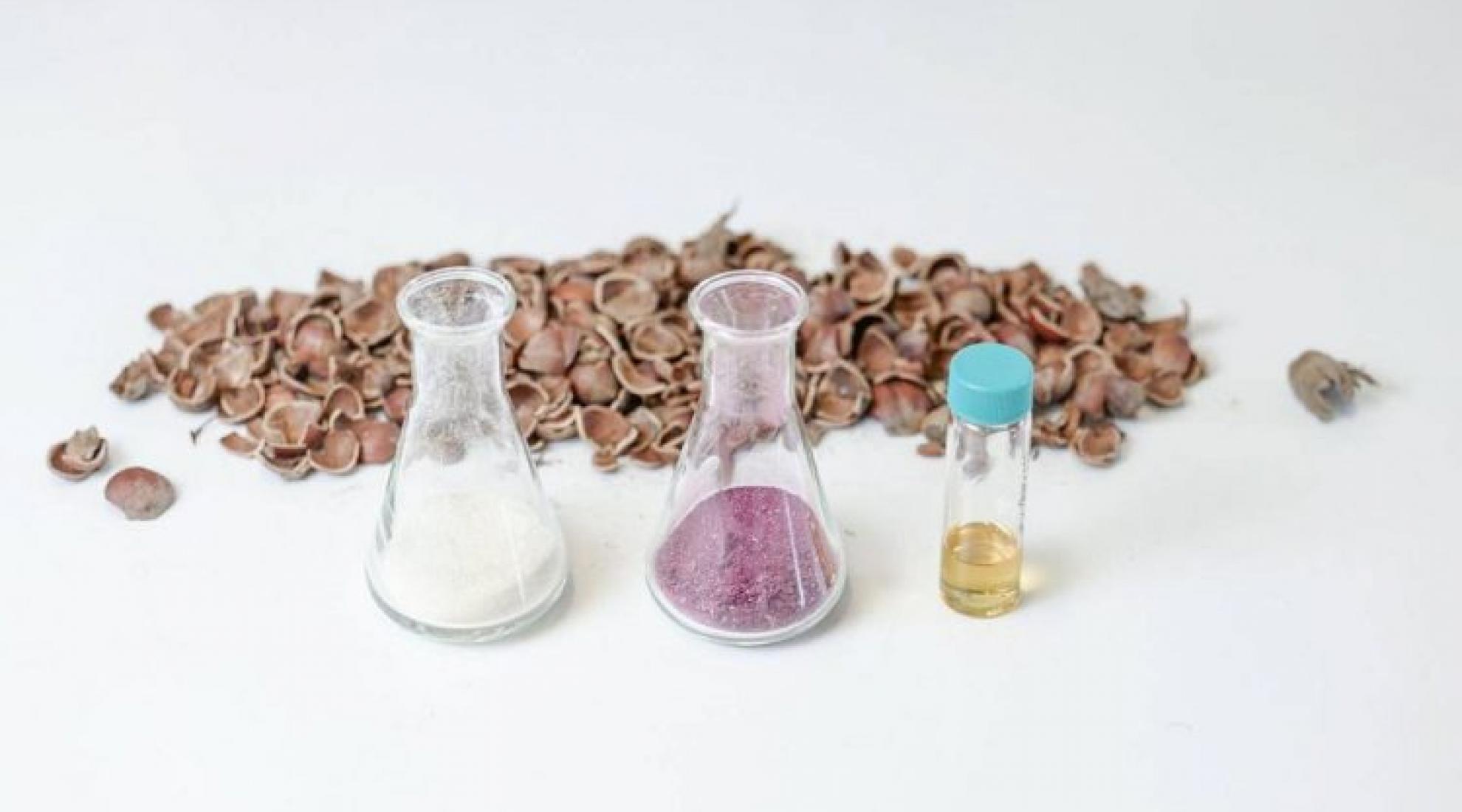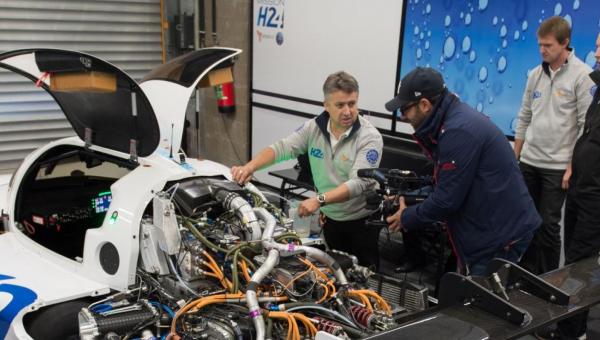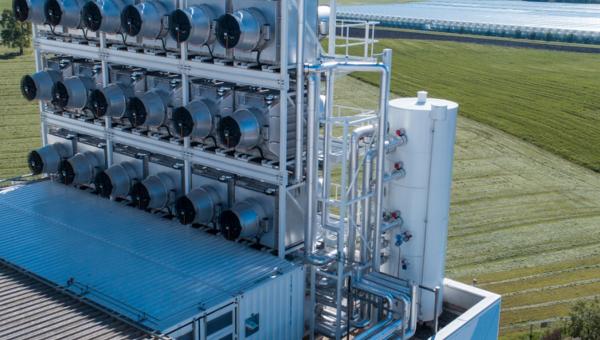Replacing fossil-based carbon with plants

Bloom Biorenewables, an EPFL spin-off from Fribourg founded in 2019, is well on the way to dramatically reducing fossil-based carbon in products of daily life such as flavours, fragrances and plastics. The ground-breaking concept: using plants to produce petroleum-like substances.
One of the best-known visionaries in the fight against climate change, Microsoft co-founder Bill Gates, published his new book How to Avoid a Climate Disaster earlier this year. Only one week later, a new European fund launched by a consortium including Bill Gates, Breakthrough Energy Ventures-Europe (BEV-E), is leading a EUR 3.9 million seed round for the Swiss start-up and EPFL spin-off Bloom Biorenewables. The venture fund supports start-ups that are “visionary, bold, and focused on a global carbon-reduction strategy.” An apt description of the young entrepreneurs.
Visionary process
The Fribourg start-up is developing a range of products designed to substitute petroleum in materials and fuels with the help of biomass products such as wood, straw, cherry stones or walnut shells. The aim is to establish biomass as a mainstream alternative to fossil materials by converting plant material, which stores carbon from the atmosphere while the plant is growing, into molecules that can be used as a replacement for fossil-based solutions. The visionary process started in 2017, when the young EPFL researchers Florent Héroguel, Remy Buser and Professor Jeremy Luterbacher filed a first patent application. Following positive reactions of the scientific community, Bloom Biorenewables was founded two years later in order to industrialise this laboratory technology.

Seed round for commercialisation
Rémy Buser, CEO and co-founder of Bloom Biorenewables, argues that
plants will undoubtedly play a major role in replacing fossil resources. Our agriculture and forestry already produce large quantities of renewable carbon, but a substantial portion is discarded as waste and thereby rapidly released back into the atmosphere. Bloom knows how to store and utilise it more efficiently.
The company's recently raised capital provides key resources for the development and market validation of its first products, including plastics and fragrances. According to a press release, Bloom will establish an independent R&D facility with sufficient production capacity to unlock the last barrier towards commercialisation.
Collaboration with established industries
The company's ground-breaking process has already found its way into traditional markets such as the chocolate manufacturing process: the Zurich-based global leader Barry Callebaut is collaborating with Bloom Biorenewables to turn hazelnut shells into vanillin, one of the main elements of vanilla flavouring. This collaboration will further reduce waste in the production process and help Barry Callebaut to become carbon positive by 2025.
Learn more
If you want to learn more about why petrochemicals are a climate change problem, watch this recent TEDx talk by Bloom’s CEO Remy Buser at the Lucerne University of Applied Sciences and Arts:




